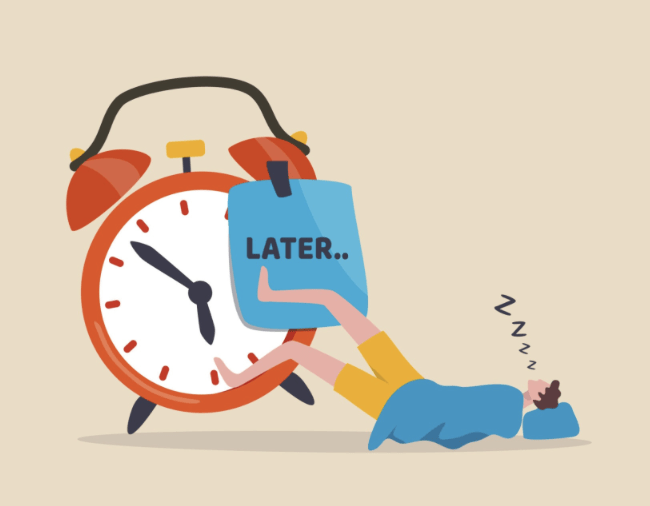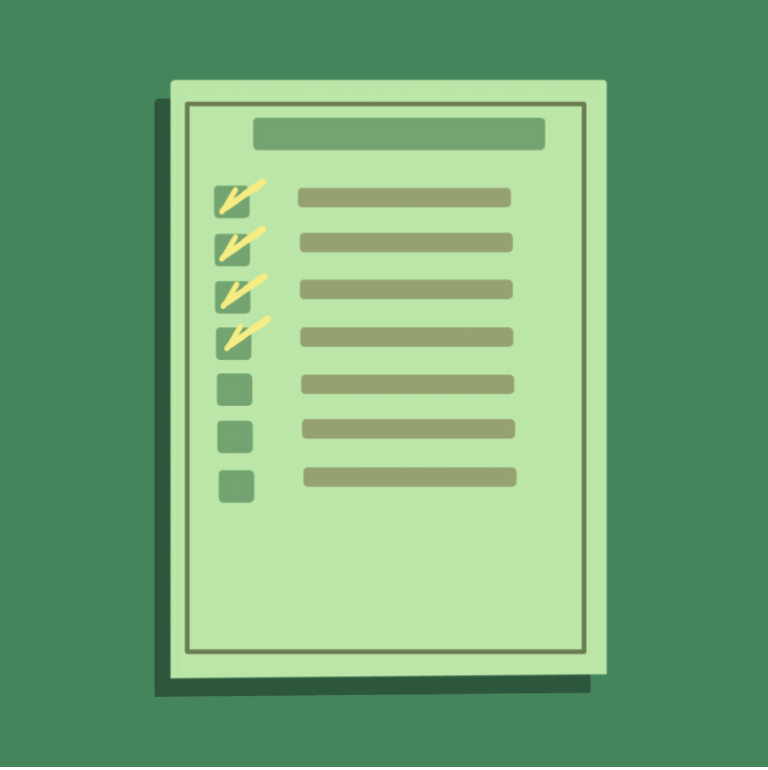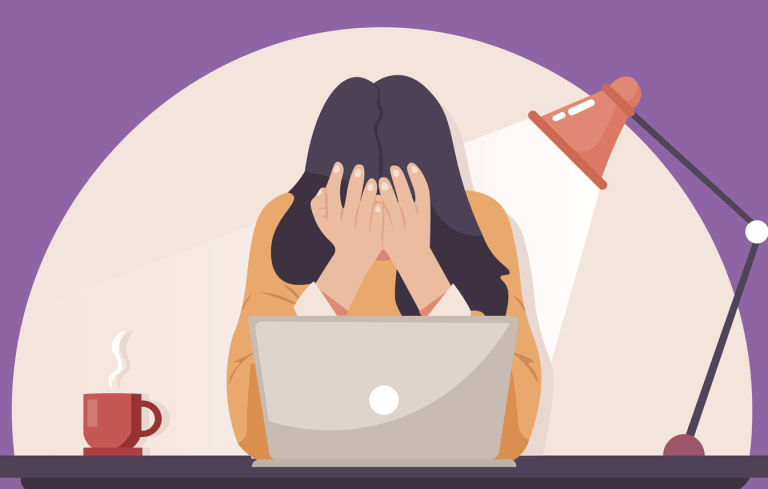Author: Mahrosh Gealani
We've reached the finals season and procrastination is more critical than ever. So let's explore: Why do we feel the need to procrastinate?
Before we dive in: Did you know you can start preparing for your finals this coming Wednesday, March 6th? Join us on the first floor of Berry for 'Get it Done!', Academic Coaching, Librarian Research Help, and drop-in sessions at the Writing Center? Mark your Calendars!
Here are top three reasons why we feel a strong necessity to procrastinate instead of being productive:
Reason Number One: Fear of Failure. Don't sweat it, we all fear failure from time to time! Procrastination can often be a way we deal with this fear. You might hear this behavior linked with being a "perfectionist." Now, perfectionism isn't always a bad thing, especially when it helps you improve something that's already there. But when it stops you from even starting a task, that's when it can be a bit of a problem.
Remedy? Simplify the decisions you need to make about a task. For instance, if you have to write a ten-page final paper, why not start with the basic task of creating a folder in your Google Drive?
Reason Number Two: Distractions to Cope with Stress. Have you noticed that certain environments will have a certain effect on your focus? You may be able to whip up an essay in a breeze in the Tower Room, but might find yourself in a real challenge on your comfy couch at home. If you've noticed that certain spots make you a tad more distractible, maybe it's time for a little change of scenery!
Remedy? Consider joining focused study groups on campus or workshops such as the ASC's Get it Done! sessions. These emphasize accountability through focused, timed studying. If you're looking to start the reading period productively, join the First Floor Berry Finals Work-a-thon on Wednesday, March 6th to develop good study habits for finals!
Reason Number Three: Too much information at hand. Let's circle back to that 10-page final paper. What's stopping you? Is it the multitude of arguments you could dive into? Does the big "10" seem a bit much? Or maybe it's the idea of a lengthy paper with lots of pieces that's causing a little worry?
Remedy? Take a deep breath. Ask yourself: if the worry of the long list of things you need to do didn’t exist, how would you break the task apart? Have you tried our “4 Steps to Task Initiation” Worksheet? This worksheet will allow you to break the process of starting an assignment, which alleviates the worry of tackling the entire assignment at the same time.
We all have those study habits that might not be the best when we're gearing up for finals, right? But don't sweat it! With the right support and resources, we can totally turn any not-so-great habits around!
For more information on resources by the Academic Skills Center, visit our website!




